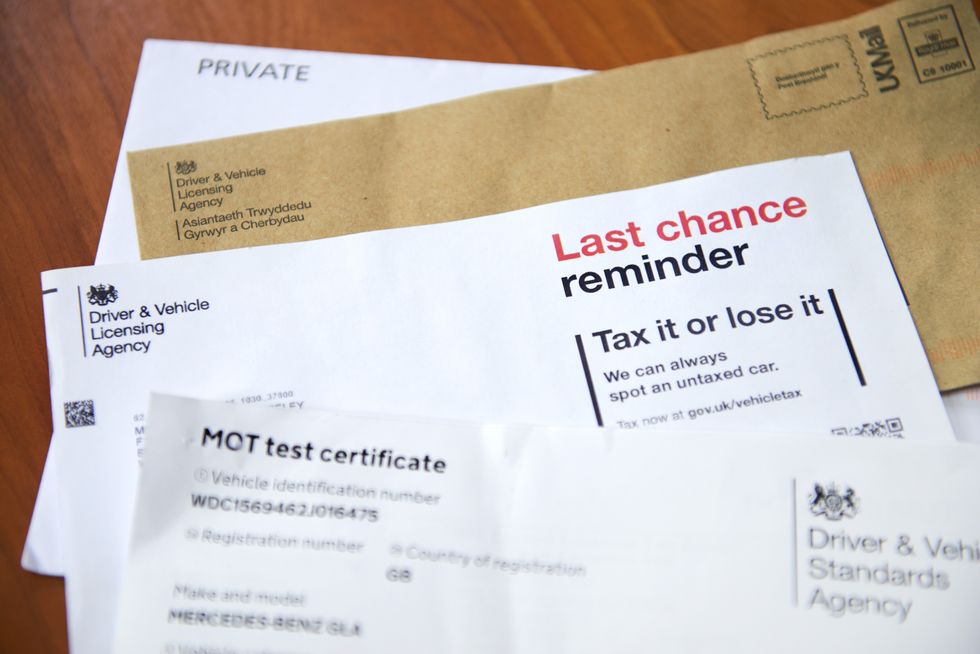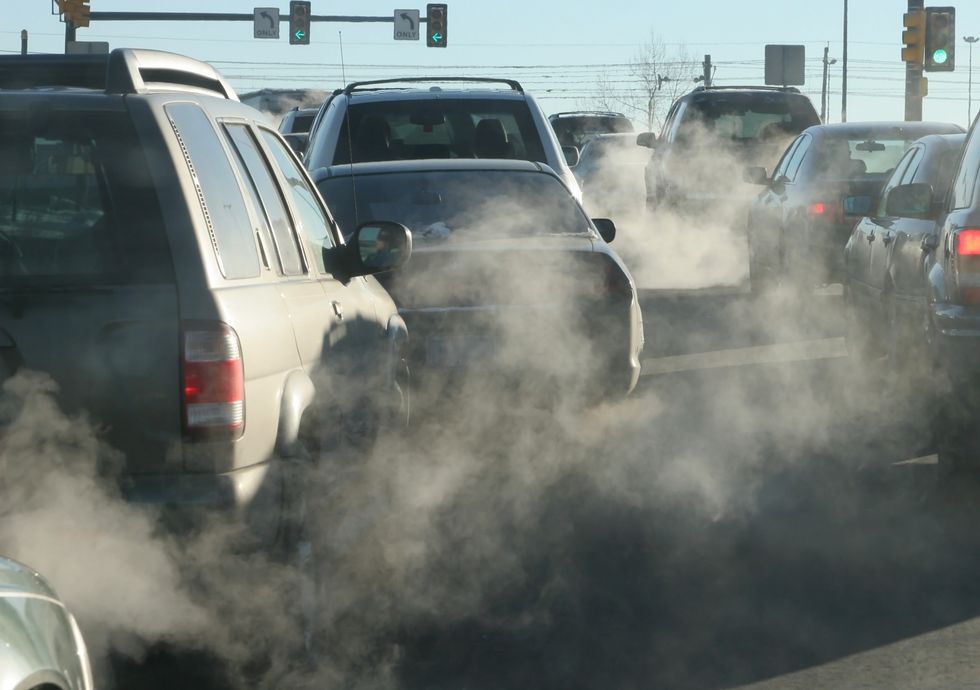The new tax changes will impact more than 930,000 drivers
PA
Electric vehicles will face similar rates as petrol and diesel cars next year
Don't Miss
Most Read
Trending on GB News
More than 900,000 drivers will be forced to start paying Vehicle Excise Duty next year as new tax bracket changes are introduced.
According to official Department for Transport statistics from Q4 last year, 930,000 licenced cars will have to pay tax from April 2025.
The tax bracket increases were announced in the 2022 Autumn Statement by the former Chancellor of the Exchequer Jeremy Hunt.
Under the previous rules, drivers with electric cars, who are currently in the 0 g/km bracket, do not have to pay VED.
Do you have a story you'd like to share? Get in touch by emailingmotoring@gbnews.uk

Electric vehicle drivers will have to pay £10 in the first year
GETTYHowever, from next year, electric cars will move to the 1 to 50g/km rate, which is expected to cost drivers £10 for the first year but will sharply increase to £190 in the second year of registration.
The move looks to level the playing field between electric cars and their diesel and petrol counterparts, as announced by Hunt.
EV cars registered between April 1, 2017, and March 31, 2025, will be liable to pay the current standard VED rate of £190.
Electric vehicles will also need to start paying the Expensive Car Supplement from next year, with their exemption set to end.
The scheme, which came into effect in 2022, meant that EVs with a price higher than £40,000 would not be charged the excess fee if registered before April 1, 2025.
From next year, drivers of low and zero-emission cars must also pay the surcharge, which is designed to raise revenues for the most expensive vehicles on the road.
In Northern Ireland, the DfT data highlighted how 14,000 vehicles will have to pay the new tax rate, despite the region having the lowest amount of electric chargers across the UK.
In Wales, 19,700 vehicles will also be liable to the tax, while in Scotland, 55,600 cars will soon have to pay extra. England has the highest proportion of vehicles impacted by the car tax changes with 826,500 vehicles.
Greg Wilson, founder and CEO of Quotezone.co.uk said: “These road tax charges will be affecting all current and future electric vehicle drivers.
“It’s important for anyone planning to buy a zero-emissions car to know what they will be expected to pay in less than a year’s time and factor these changes into their decision-making process.”
The most recent ZapMap data from June recorded 1.1 million fully electric cars on UK roads and a further 670,000 plug-in hybrids.
In June, 50,638 new cars with a plug were also registered in the UK, sparked by the Government’s ambitious net zero plans.
LATEST DEVELOPMENTS:
 Drivers with more polluting vehicles will have to pay higher rates of car tax GETTY
Drivers with more polluting vehicles will have to pay higher rates of car tax GETTY By 2035, the UK hopes to reach net zero and have 100 per cent of new car sales electric, with 80 per cent by 2030 and at least 22 per cent by the end of this year.
However, the new Labour Government could reinstate the original 2030 deadline to ban the sale of new petrol and diesel vehicles, as outlined in its manifesto.








